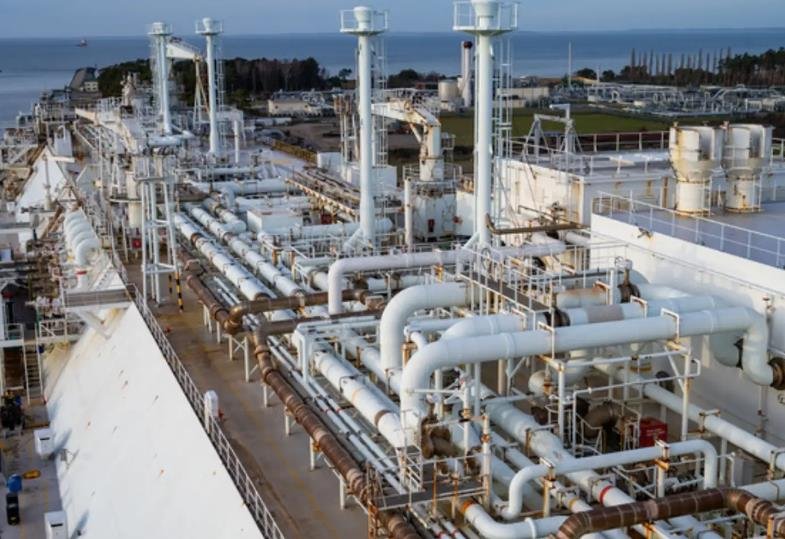Egypt’s shift to become a net importer of liquefied natural gas (LNG) early next year is poised to tighten the European LNG market. Analysts warn that as Europe scrambles to replace lost Russian gas due to geopolitical tensions, Egypt’s increasing demand could drive up LNG prices and strain supply chains.
Egypt’s Rising LNG Demand
Egypt has transitioned to importing LNG this year, a move driven by domestic production challenges and soaring demand. Since halting exports in April, the country has brought in around 24 cargoes, totaling 1.59 million metric tons, according to S&P Global Commodity Insights. This trend is expected to continue, with two more imports slated for October and November.
- Current Imports:
- 24 cargoes (1.59 MMt) so far in 2024
- Upcoming Imports:
- 1 cargo on October 24
- 1 cargo on November 4
Experts anticipate that Egypt’s LNG purchases will surge in Q1 2025, potentially adding another 20 cargoes to the market. An LNG trader noted, “Egypt will definitely look to buy cargoes then. It’s a structural issue right now.”

Impact on European LNG Market
The increased demand from Egypt comes at a time when Europe is heavily reliant on LNG to compensate for reduced Russian gas supplies. This dual pressure is expected to lead to a tighter LNG market and higher cargo prices.
| Factor | Impact |
|---|---|
| Egypt’s Imports | Adds 20+ cargoes in Q1 2025, increasing demand |
| Europe’s Replacement Needs | Requires 10 cargoes/month to offset pipeline losses |
| Price Fluctuations | NWE LNG prices rose 11% during Egyptian tenders |
| Market Competition | Egypt vs. Europe vs. Asia for available LNG cargoes |
Platts reported that Northwest European LNG prices jumped from $11.346/MMBtu to $12.61/MMBtu in September alone, driven by Egyptian tenders. With Europe needing around 10 additional cargoes per month to replace lost Russian gas, the competition for LNG is intensifying.
Geopolitical Tensions and Supply Risks
Middle East tensions add another layer of complexity to the LNG market. Any escalation could disrupt Israeli gas exports to Egypt and Jordan, further straining the supply available to Europe.
“An extended shutdown of Israel’s gas fields would significantly disrupt spot LNG markets,” said Mehrun Etebari, a senior analyst at Commodity Insights. Currently, Israel exports 30 million cubic meters per day to Egypt, equivalent to about 10 LNG cargoes monthly. Disruptions here could push European LNG prices even higher.
Future Projections and Market Response
Looking ahead, the European market may need to ramp up bidding activities to secure LNG supplies amidst rising competition. Traders are monitoring Egypt’s import patterns closely, anticipating that the demand will remain robust through the winter months.
- 2025 Forecast:
- Egypt’s LNG demand to grow to 3.57 MMt
- Peak demand of 4.85 MMt expected in 2027
- Market Strategy:
- Europe to compete with Egypt, Latin America, and Asia for LNG cargoes
- Potential shift in supply routes to accommodate increased demand
As Egypt continues to import LNG to meet its domestic needs, Europe must navigate these market shifts to maintain energy security. The interplay between geopolitical factors and economic demands will likely shape the LNG landscape in the coming years.
